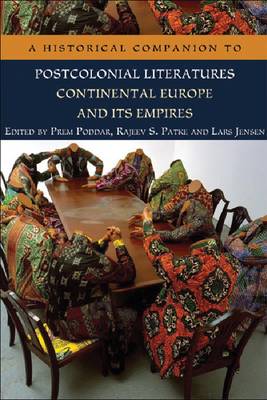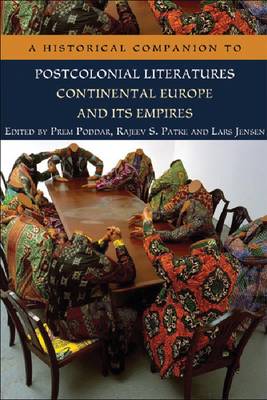
- Afhalen na 1 uur in een winkel met voorraad
- Gratis thuislevering in België vanaf € 30
- Ruim aanbod met 7 miljoen producten
- Afhalen na 1 uur in een winkel met voorraad
- Gratis thuislevering in België vanaf € 30
- Ruim aanbod met 7 miljoen producten
Zoeken
A Historical Companion to Postcolonial Literatures - Continental Europe and its Empires
€ 340,95
+ 681 punten
Omschrijving
The first reference work to provide an integrated and authoritative body of information about the political, cultural and economic contexts of postcolonial literatures that have their provenance in the major European Empires of Belgium, Denmark, France, Germany, Italy, The Netherlands, Portugal, Spain, Latin America and the Philippines.
Specificaties
Betrokkenen
- Uitgeverij:
Inhoud
- Aantal bladzijden:
- 688
- Reeks:
Eigenschappen
- Productcode (EAN):
- 9780748623945
- Verschijningsdatum:
- 3/07/2008
- Uitvoering:
- Hardcover
- Afmetingen:
- 172 mm x 244 mm

Alleen bij Standaard Boekhandel
+ 681 punten op je klantenkaart van Standaard Boekhandel
Beoordelingen
We publiceren alleen reviews die voldoen aan de voorwaarden voor reviews. Bekijk onze voorwaarden voor reviews.







